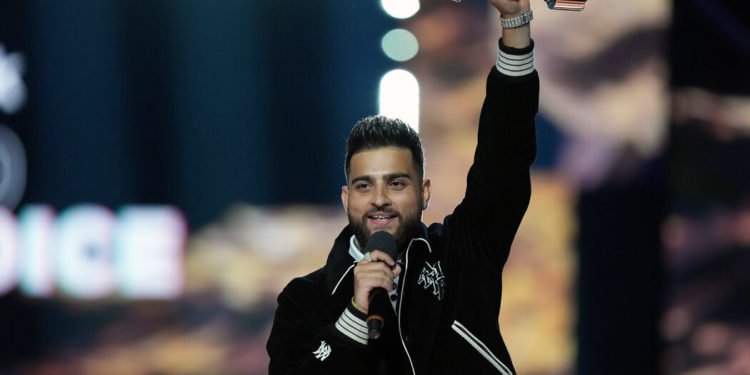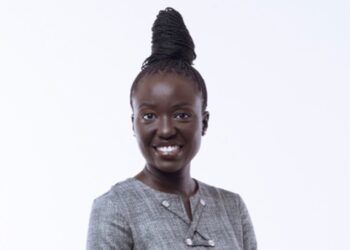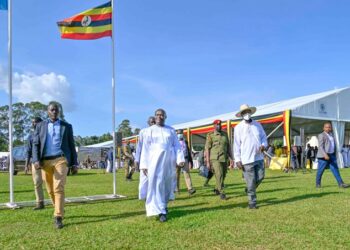By THE NEW YORK TIMES
That was a big one for me. As soon as I entered the venue, I was more focused on my performance. I didn’t even know if I’d be winning this award. I was going to be happy anyway, but I didn’t have in the back of my head, like, ‘OK, I’m here to win this award.’ But when they announced my name and I got up — that moment, I’ll remember for the rest of my life. It was amazing.
What’s special about this Canadian brand of Punjabi music?
Canada has played a big role in my career. Combining the Canadian and Punjabi sounds together, it creates this different genre that we didn’t know we would end up with. My last album, “Making Memories,” combines American, Canadian and all these other sounds with folk Punjabi music.
You once worked as a longshoreman. How old were you when you did that job?
I was 19. I was still doing music, but writing mostly for other people. I had a couple of tracks out in my own voice. That job was great for my career, and my sisters thought it would be good for me and my future, but they didn’t know what I was doing about music. I went to that job for three months. There were a lot of Punjabis working there, so they started recognizing me slowly, and they knew that I was into music. But my music didn’t grow as much. I had to just focus on one thing.
Music can be a full-time job, after all. Do you feel supported by the Canadian music industry?
Oh yes, 100 percent. Canada gave me lots of support. Maybe in the future I’ll be doing collaborations with some Canadian artists, too.
Some are calling this moment in Punjabi music the “Punjabi wave.” What does that mean to you?
I’m just happy I’m a part of it, and that I’m the one that brought it to this level, and a couple of other Punjabi artists who are working on the same thing. We’re just doing it for the culture, and I feel like it’s all coming together now. It’s great to witness that.







Discussion about this post